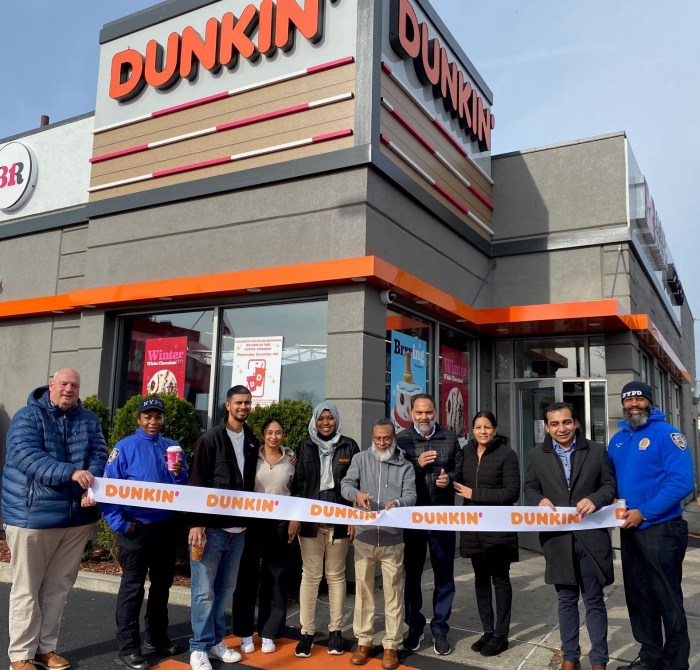By Prem Calvin Prashad
Recent disputes between the management of the Burger King, at 120th Street and Liberty Avenue, and the senior citizens who occupy the limited seating space at the restaurant has led to the enforcement of a 20-minute seating policy.
This parallels a similar situation at a McDonald’s in Flushing, where socializing seniors would order an item and occupy seats for hours. Several community activists and advocates agree that the time has come for a senior center as well as other community spaces in the neighborhood.
Minimal commercial development in Richmond Hill, as well as a lack of publicly funded facilities for the young and elderly, mean local establishments must contend with both groups occupying seating space. This, of course, is not unique to Richmond Hill.
“Frankly, even my favorite study spot, the Starbucks Coffee in Howard Beach, is home to the same group of retirees every day,” said Aminta Kilawan, of Sadhana: A Coalition of Progressive Hindus, made up of young people from the Richmond Hill area.
“Many local establishments complain about seniors and young people loitering,” noted Richard David, executive director of the Indo-Caribbean Alliance, a community organization that advocates for South Asian and Indo-Caribbean enclaves in south Queens.
“Young people are also evicted, sometimes by the police, if they stay too long. This is because we have nowhere for them to go, spaces that are culturally sensitive, secular and vibrant.”
Possible temporary solutions have included allowing neighborhood lounges and similar establishments to serve as spaces for senior citizens during the day.
“What we are seeing on Liberty Avenue is the reality: Socializing is part of our DNA, culture and health,” notes Shabana Sharif, an educator and activist from Richmond Hill
Noting that many Richmond Hill seniors live with their children, she asks, “How would I socialize with others? Would I be able to … gyaff [gossip]? Would my age, and geography disable me?”
Kilawan also noted that while cultural values prevent the Indo-Caribbean community from sending elders to nursing homes, “expecting seniors to stay at home seven days a week is unfair and illogical.”
Arguably, the only publicly funded community space that exists along the Liberty Avenue corridor is the Lefferts Library, an institution that despite its major renovation has limited facilities, opens past noon on some days and is not conducive to socialization. The Aqueduct Flea Market, which used to be an attraction in warmer weather, has since been supplanted by the racino.
A common theme from all the community advocates interviewed was the need for shared spaces that are open to all. Kilawan noted a dichotomy in the senior population.
“Most times, you’ll find that male seniors frequent the Liberty Avenue establishments, while female seniors frequent the houses of worship. A bridge is necessary, and I believe that bridge is a secular senior center,” she said.
Sharif also pointed to the need for the community to support the independence of seniors, drawing on the experience of her maternal grandmother, who recreated the experience of going to the market, as she would back home by shopping at the flea market and on Liberty Avenue and casually meeting friends there.
“Seniors want housing. They want their own homes, to cook their own food, to have their friends over. They don’t want to be a burden or constrained by their children,” Sharif explained. “The Liberty Avenue senioritis phenomenon is shedding light on the real issue — none to minimal housing opportunities for our elderly population.”
While rezoning will allow for larger-scale commercial development along Liberty and other major thoroughfares in the neighborhood, it remains to be seen if any of these developments will include community space.
“Certainly our neighborhood does not need any more bars, lounges or clubs,” Kilawan said. “Instead of all these nightclub advertisements strewn across Little Guyana, I’d love to see fliers for a new community center. Now that would be progress.”



































